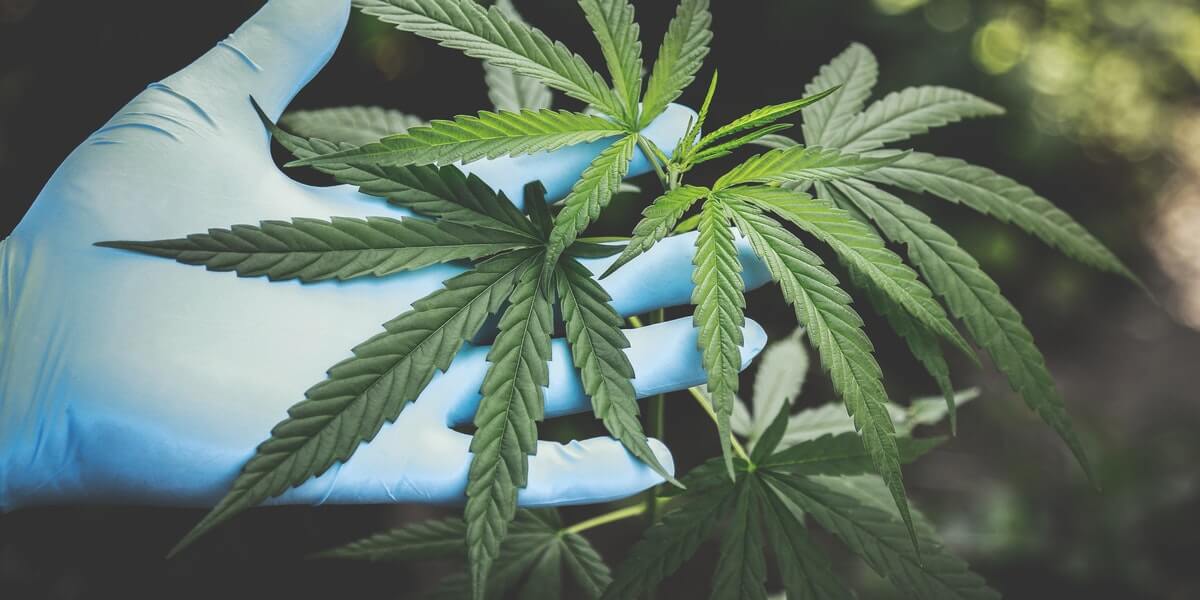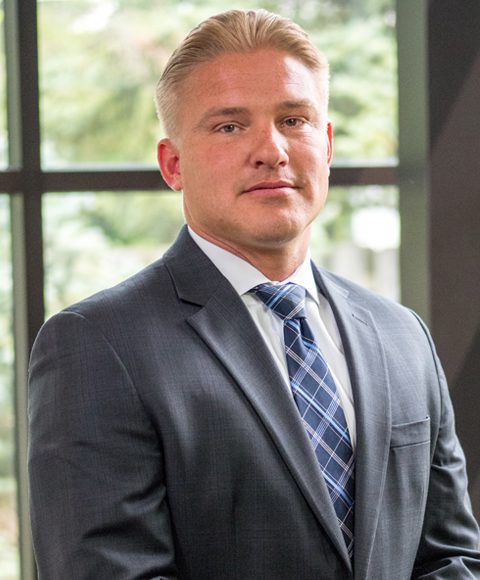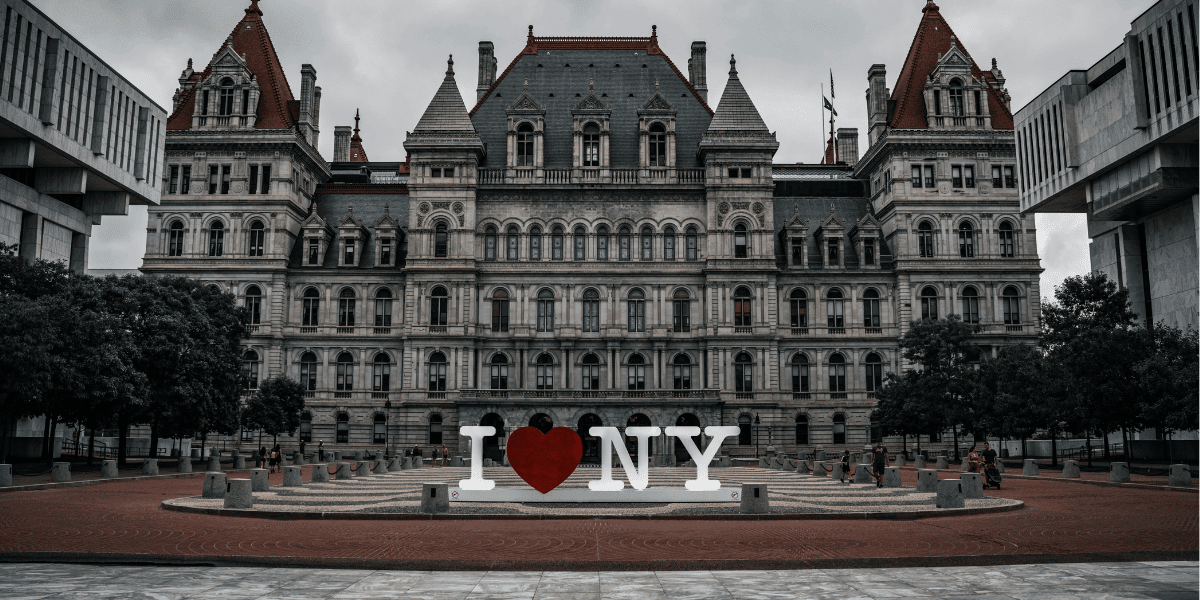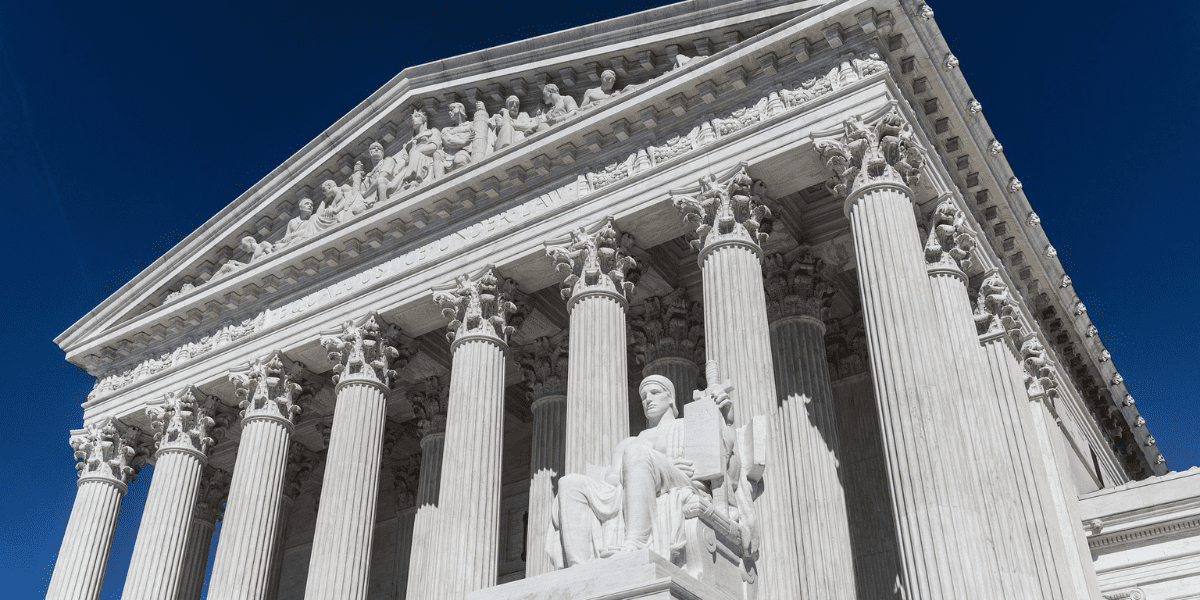If you are a security clearance holder, or looking to obtain one in the near future, you may be aware that reclassification of marijuana (cannabis, weed, pot) from a Schedule I drug to a Schedule III drug could be on its way, and wondering what impact it could have on you.
President Donald Trump has indicated that he may consider supporting a move by the U.S. Drug Enforcement Administration to reclassify marijuana as a Schedule III drug in the near future. On his Truth Social platform, President Donald Trump stated in September 2024 that if elected president, he would work with Congress to pass common-sense laws, including safe banking and supporting states’ rights to pass marijuana laws.
He indicated that while it is “time to end needless arrests and incarcerations of adults for small amounts of marijuana for personal use,” smart regulations should be implemented, while at the same time providing access for adults, to a safe, tested product.
During an Aug. 11 press conference, President Trump stated that his administration is looking at reclassification of marijuana from a Schedule I drug to Schedule III, and will make a determination “over the next few weeks.”
You can contact us 24 hours a day, 7 days a week via phone at 8885294543, by e-mail at info@tullylegal.com or by clicking the button below:
Impact on Security Clearance Holders
Many employees and contractors of the United States federal government, military personnel, and government officials, who require access to classified information in the course of performing their duties, are required to obtain and maintain a security clearance.
As security clearance holders know, marijuana and other drug use can seriously jeopardize their clearance status — and their careers. While marijuana is currently classified as a Schedule I drug, classification at this level is clearly erroneous, and there has been much talk that this could change.
But what might a schedule change mean for security clearance holders? First off, rescheduling marijuana doesn’t mean it will instantly be “legal.” However, it could pave the way for additional use for medicinal purposes. While there currently is no acceptance of medicinal marijuana in the federal government, if reclassified, marijuana use may be acceptable under certain circumstances, but it should be noted, will still be monitored.
A reclassification of marijuana would be reviewed by the White House Office of Management and Budget, recognizing the medical uses of cannabis and acknowledging that it poses a lower potential for abuse than some of the nation’s most dangerous drugs. However, a common misperception about rescheduling marijuana is that it would instantly make both prescription marijuana and recreational marijuana available in every state. Rescheduling a drug does not automatically result in legalization across the board.
Rescheduling would merely smooth the path for marijuana and more marijuana-derived medications to enter the FDA pipeline, potentially expanding treatment options over time. Schedule III substances may be prescribed, but only after clearing the FDA’s rigorous approval process for safety, effectiveness, and manufacturing standards. Currently, just a few cannabis-based medicines for certain seizure disorders and synthetic THC products have gained FDA approval.
While marijuana’s change in classification likely won’t change the fact that, if you have a security clearance, or are intending to apply for one, indulging in recreational marijuana likely will remain illegal. What happens regarding the medical aspect remains to be seen.
Ready to book your consultation? Click below to pay our consultation fee and book your meeting with an attorney today!
Marijuana Status Today: A Schedule 1 Drug
The Department of Health and Human Services currently groups marijuana in its highest classification group — Schedule 1 — the category which also includes heroin, LSD, and ecstasy. While cocaine, a universally accepted more dangerous drug than marijuana, is a Schedule II drug. Many federal employees are currently subject to drug testing and are not protected under their state labor or cannabis laws.
Drugs, substances, and certain chemicals used to make drugs are classified into five categories or “schedules,” depending upon the drug’s acceptable medical use and the drug’s abuse or dependency potential, according to the U.S. Drug Enforcement Administration (DEA). In addition, the abuse rate is a determinate factor in the scheduling of a particular drug. For example, Schedule I drugs tend to have a high potential for abuse and the potential to create severe psychological and/or physical dependence, according to the DEA.
Many individuals who apply for a security clearance can be denied for a multitude of reasons, including drug involvement — such as marijuana use — whether it is legal or not in the state in which they live. Likewise, many who currently maintain a security clearance can have it revoked for the same reason.
Therefore, as it stands, although your state may legalize certain drugs or the federal government may change a drug status category allowing for additional medicinal use, involvement with marijuana could still trigger a violation of Security Clearance Adjudicate Guideline H (Improper or illegal involvement with drugs), resulting in either the denial or revocation of a security clearance. In addition, use of prescription marijuana remains federally illegal.
Stay tuned.
If you have questions about the impacts of recreational or legalized adult-use marijuana on your security clearance, our team of security clearance attorneys is available to assist you today. Please call 8885294543 to schedule a consultation or schedule a consultation online.
As a Managing Partner at Tully Rinckey PLLC, Anthony Kuhn focuses much of his time on the representation of military personnel and members of the intelligence community. He has extensive experience assisting clients in navigating matters involving security clearance suspensions and revocations, appeals to the Discharge Review Boards and Boards for Correction of Military Records, UCMJ violations and non-judicial punishment, appeals for service-connection before the Department of Veterans Affairs, rebuttals to GOMORs and QMP selection notifications and requests for Special Selection Boards. He also serves as the Chair of the National Security Lawyers Association.








